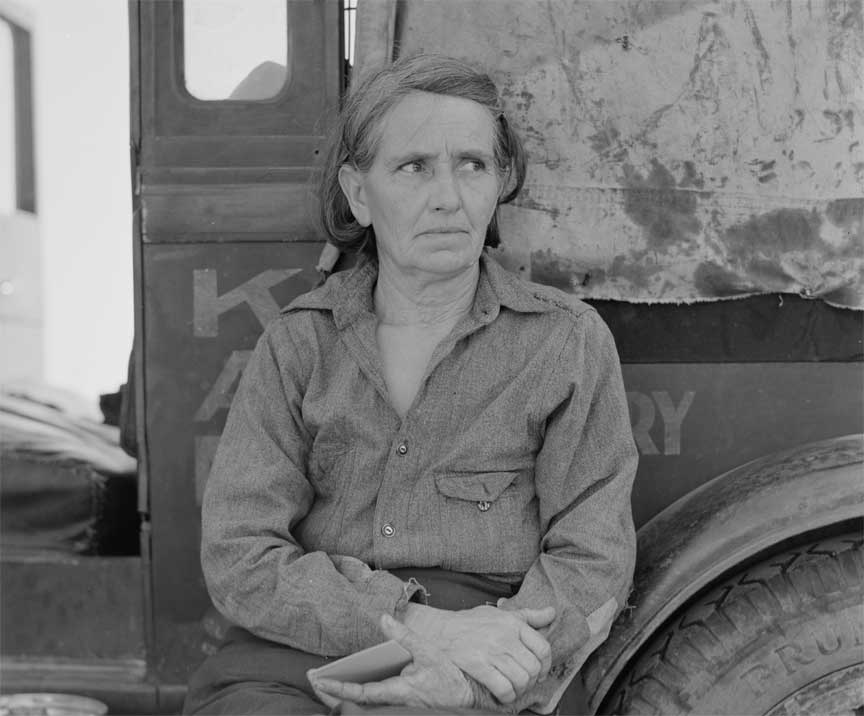
With the economy worsening there was a cry to protect American industry from competition and from the overcapacity that had developed with US manufacturers. Congress acted quickly and passed the Hawley Smoot act. The act increased the tariff (import taxes) on a broad range of products. When Congress passed it, 1028 economist signed a petition to President Hoover asking him to veto the bill. Leading industrialist all pleaded with Hoover to do so but to no avail. He signed it. The result of this action was a wave of other countries raising their import duties so that world trade plummeted.
The situation was further compounded when Great Britain, whose economy was under pressure, took itself off the gold standard. The gold standard fixed the value of its currency to the price of gold and was therefore limited the money it could print. When it did the value of the British and other currencies went down, thus slowing trade further and hurting US banks, which had lent money overseas. In 1931 a record 2294 US banks failed.
President Hoover was very concerned that the economic troubles were causing a budget deficient for the US (when you spend more then you take in). Hoover believed that this was very dangerous for the country. He, therefore, proposed an increase in income taxes. Congress rapidly passed that increase. This marked the final nail in the coffin that was the US economy.
 >
>